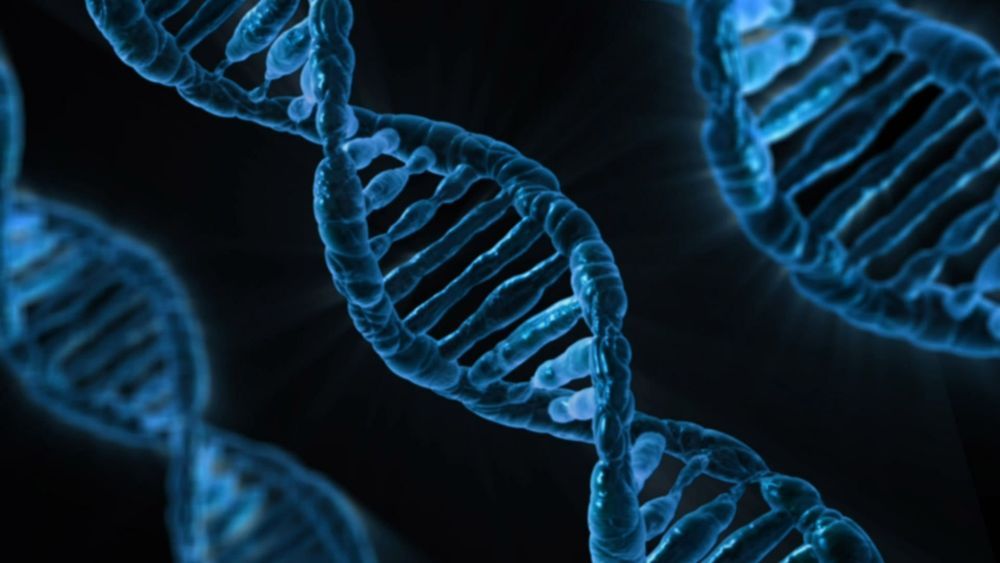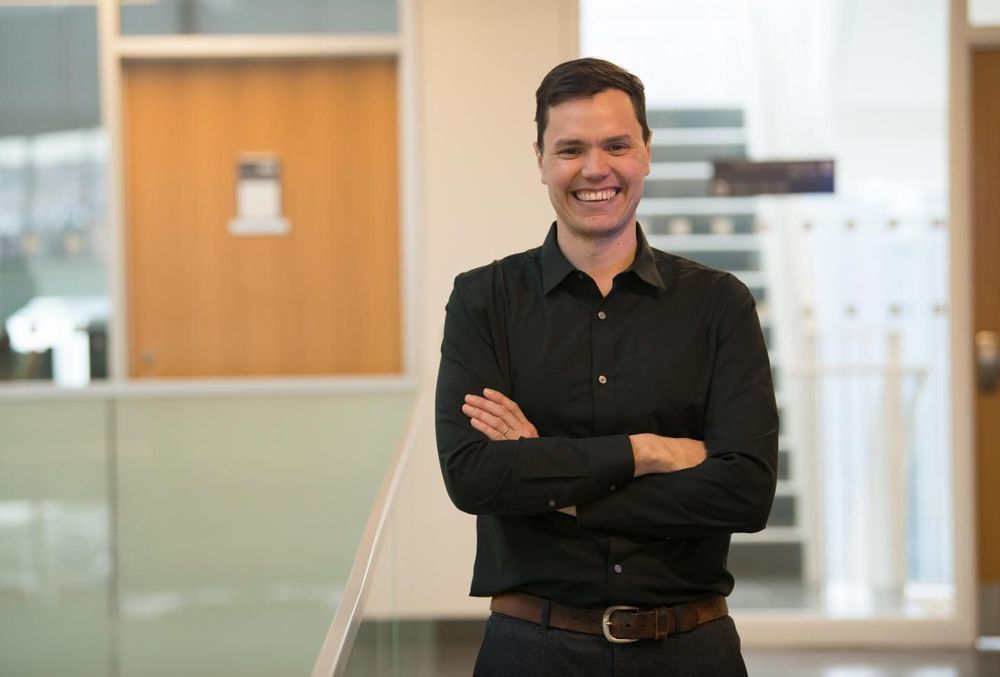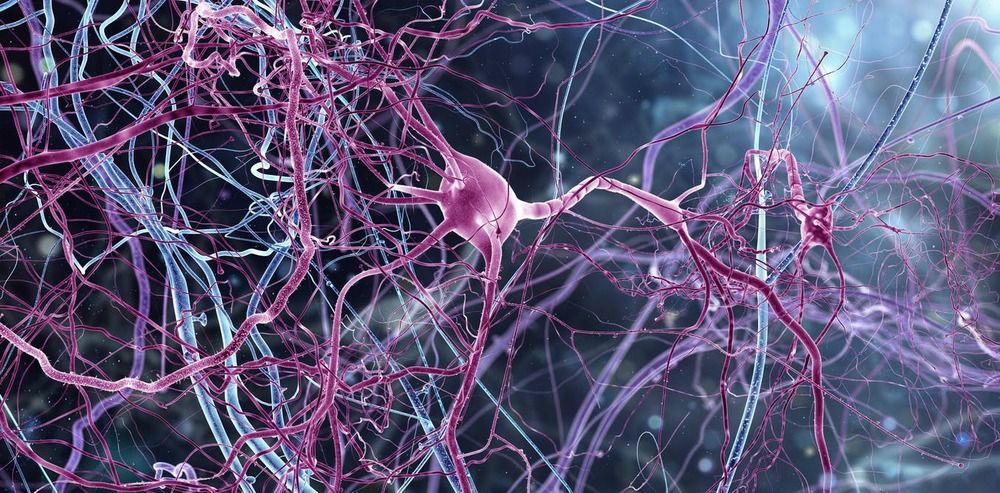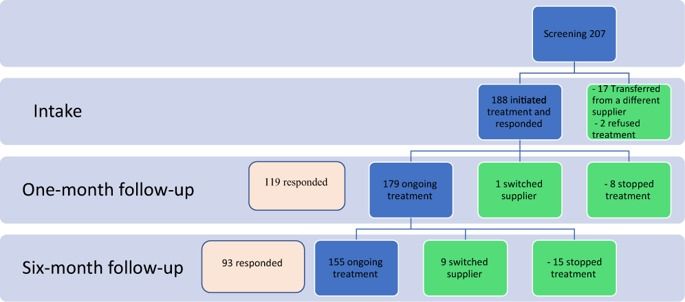Feb 7, 2019
RNA-binding Proteins and Aging
Posted by Steve Hill in categories: biotech/medical, life extension
Last month, researchers at Johan Auwerx’s lab at the Ecole Polytechnique Fédérale de Lausanne (EPFL) had looked at the connections between RNA-binding proteins and aging. RNA binding proteins (RBPs) play an important part in post-transcriptional control by binding to mRNAfter binding, RBPs can aid in the processing of pre-mRNA as well as mRNA stability, transport and translation [1].
Mitochondria
Upon screening aged animals for RBPs, researchers at the EPFL noticed increased activity of Pumilio2 (PUM2), which can lower the production of some proteins. It does this by binding to specific mRNAs (based on recognition sites) so that it can repress the translation of those mRNAs into proteins.


















